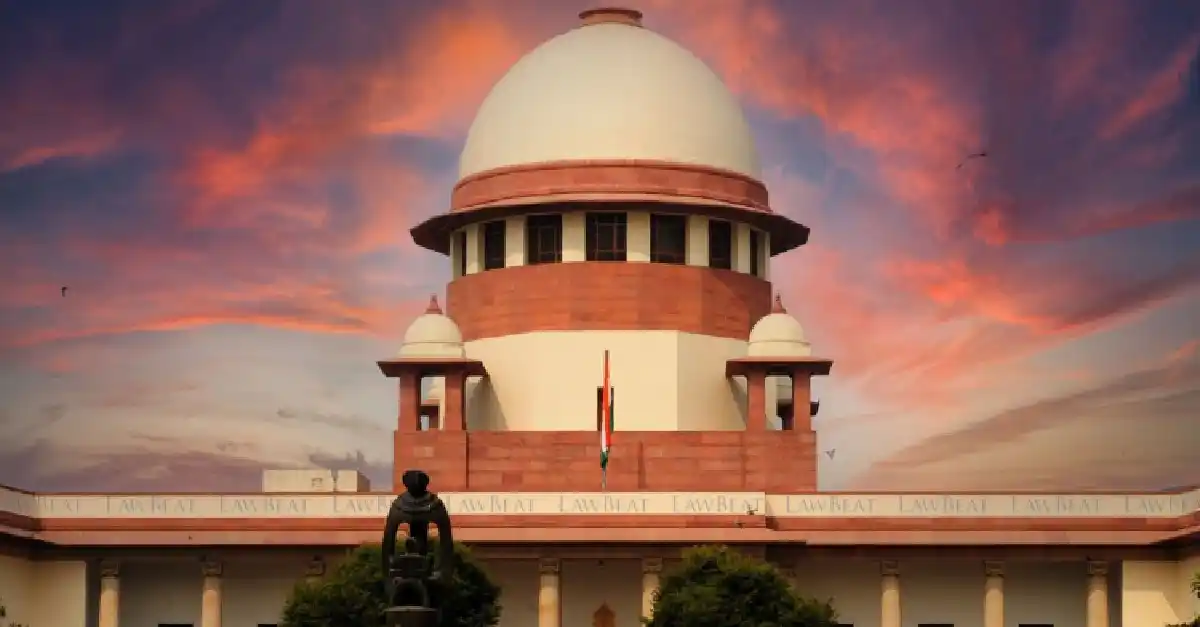
EducationToday News
February 21, 2025 at 02:13 AM
https://educationtoday.co/blog/blog-details?id=2888&url=School-Doors-May-Finally-Open-for-Rohingya-Children-in-Delhi
*School Doors May Finally Open for Rohingya Children in Delhi*
A recent statement by the Supreme Court of India has brought a glimmer of hope to the children of Rohingya refugees in Delhi, as it addresses their right to education. During a hearing on a petition that sought access to public schools and hospitals for these children, the apex court asserted that if eligible students were denied admission, they could approach the Delhi High Court for redressal. This decision is being seen as a step toward ending the long-standing discrimination faced by refugee children in accessing education.
A Ray of Hope for Rohingya Families
For years, many Rohingya families residing in Delhi have struggled to enroll their children in government schools. Parents have repeatedly faced rejection without any concrete justification. One such parent expressed optimism, saying, “This could finally end the discrimination our children have faced.” Another parent revealed that their child was persistently turned away from school despite numerous attempts.
This development was hailed by education activist and lawyer Ashok Agarwal, who termed it a significant victory for refugee children. “This order ensures that schools can no longer refuse admission to these children,” he said. “Authorities have ignored previous directives, but this ruling will force compliance. We will now actively approach schools and submit applications for these children.”
The Legal Perspective and RTE Act
Agarwal emphasized that denying education to these children contradicts the Right to Education (RTE) Act. “Education is a fundamental right. If children are living on Indian soil, it is inhumane and illegal to deny them schooling,” he asserted.
Despite the legal provisions of the RTE Act, which guarantees free and compulsory education for all children aged 6-14, Rohingya children have faced hurdles due to a lack of identification documents. Schools often request Aadhaar cards, voter IDs, ration cards, or birth certificates, which many refugee families do not possess. Although the UNHCR (United Nations High Commissioner for Refugees) has issued refugee cards to many, schools do not always accept these.
Previous Setbacks and Discriminatory Policies
In December 2024, the Delhi government issued a directive preventing the enrollment of children from so-called “illegal Bangladeshi migrant” families, a move that indirectly affected Rohingya refugees. A month prior, a civil rights group had written to the Union Home Ministry highlighting cases where Rohingya children from Sri Ram Colony, near Khajoori Khas Chowk, were denied admission to a nearby government school due to lack of specific Indian identification documents.
A government school teacher from Northeast Delhi acknowledged the challenges but pointed out that no child can be legally denied education under the RTE Act. “As teachers, we are not authorized to determine whether a child is an illegal migrant or not. While we usually ask for identity documents, we offer provisional admission in cases where children lack them.”
However, many schools have continued to deny admission, citing government policies or fear of legal complications.
The Role of Civil Rights Groups and Legal Action
The persistent exclusion of Rohingya children from schools prompted legal action by the civil rights group Social Jurist, which filed a Public Interest Litigation (PIL) in the Delhi High Court. The PIL challenged the “unlawful actions” of the Municipal Corporation of Delhi (MCD), arguing that refusing school admission to refugee children violated their fundamental rights.
The Supreme Court’s latest remarks signal a potential shift. They urge schools to follow the spirit of the RTE Act and provide access to education regardless of nationality or documentation status.
What Lies Ahead?
While the Supreme Court’s statement is a positive step, the real test will be its implementation. To ensure compliance, schools will need clear government directives. Additionally, advocacy groups will play a crucial role in monitoring admissions and ensuring that refugee children are not turned away under some new pretext.
For many Rohingya families, education represents hope—a chance for their children to build a future beyond the hardships of displacement. As legal and social advocacy efforts continue, the coming months will reveal whether these children will finally gain their rightful place in Delhi’s schools or if bureaucratic hurdles will continue to stand in their way.
*For more details visit*
https://youtu.be/oxZAV0TdUmE?si=MUaiDlTYEqqzPm9X
